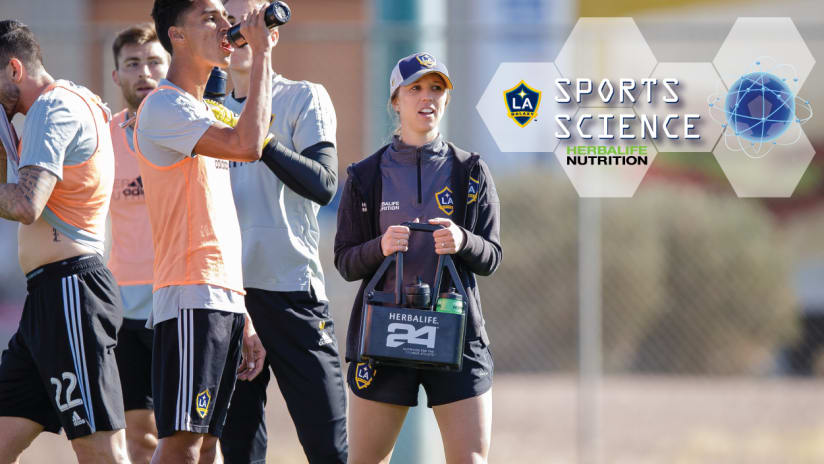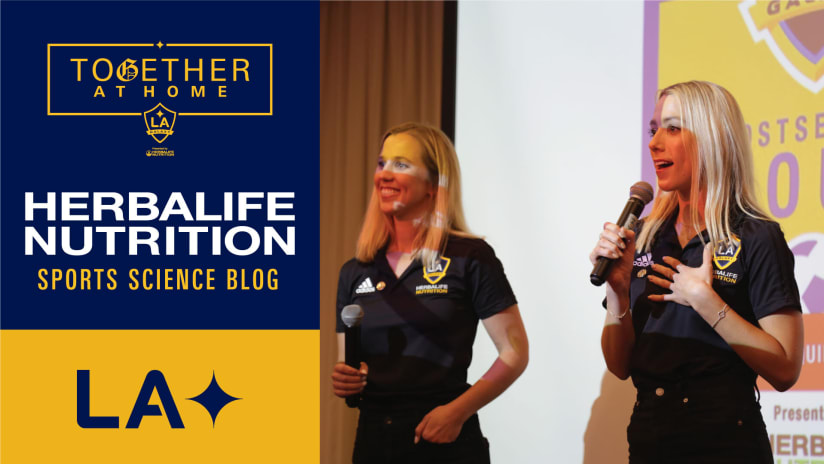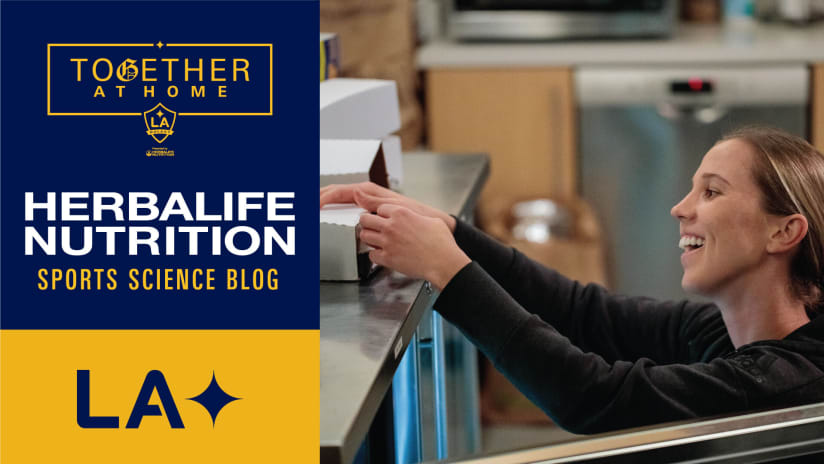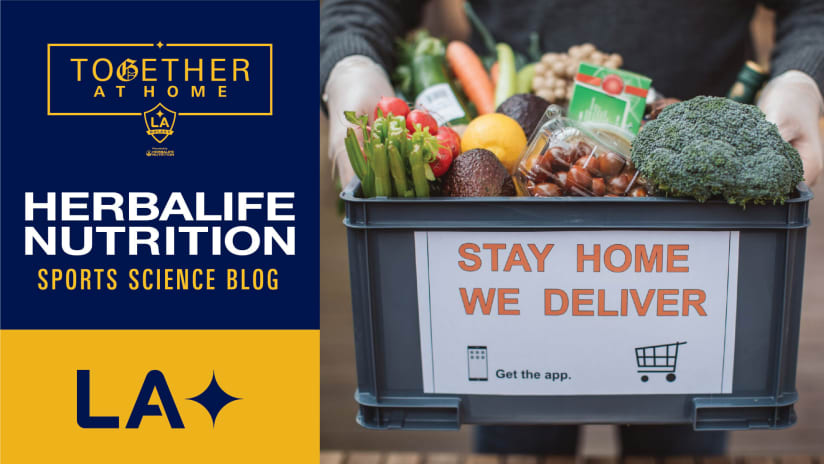Did you know sleep is just as important as nutrition and exercise for your health? If you’re frustrated with a lack of results on your fitness journey, sleep might be the answer!
Sleeping is one of the ways our body naturally detoxes, and it is a crucial time for healing and repair—AKA your body needs quality sleep in order to recover from those tough workouts. We’ve all felt the fatigue and brain fog after a night of poor sleep, but if we don’t consistently get 7-8 hours of sleep each night, we may experience more long-term complications. Some of these include increased appetite, weight fluctuation and increased body fat, heart disease, a weakened immune system and high blood pressure. For athletes, lack of sleep may cause reductions in performance, decision-making and overall focus.
There are many tips for creating a nightly routine to “wind-down,” but one of the most important sleep hygiene practices is actually making the right dietary choices. Certain foods are naturally packed with essential vitamins and minerals that can help you get a good night’s sleep. So what is your diet missing? Read on for some of the best foods for a successful night of quality sleep.
Melatonin
Melatonin is a hormone produced by the body. It helps control your sleep-wake cycle. Levels naturally rise in the evening, making you feel calm and sleepy, and fall in the morning when you wake. Melatonin is also affected by light. Light inhibits the release of melatonin. This is a key reason why we are told to “power down” in the evening. The bright lights from our TVs, cellphones, computers, etc. delay melatonin release and can throw off your natural sleep cycle. Luckily, natural light isn’t the only external factor influencing melatonin levels. Your body can absorb melatonin from food to help you feel calm and sleepy. Adding melatonin-rich foods to your evening routine may improve sleep quality and duration. Foods with naturally occurring melatonin are:
- Fruits and vegetables (tart cherries, tomatoes, strawberries, asparagus, olives, grapes, broccoli, corn)
- Grains (rice, barley, rolled oats)
- Nuts and Seeds (walnuts, peanuts, sunflower seeds, mustard seeds, flaxseed)
READ THE LA GALAXY SPORTS SCIENCE BLOG PRESENTED BY HERBALIFE NUTRITION
Tryptophan
Tryptophan is an amino acid that is converted into melatonin in the body. Consuming more tryptophan can improve sleep quantity and quality by increasing melatonin. Tryptophan is present in foods with protein. The key to reaping its sleep benefits, however, is actually to eat carbohydrates. Carbs promote the conversion of tryptophan to melatonin. So, eating tryptophan-containing foods throughout the day and a light carbohydrate snack before bedtime can help improve your sleep. Some of the best food sources of tryptophan are:
- Dairy products (milk, low-fat yogurt, cheeses)
- Chicken
- Turkey
- Seafood (tuna, shrimp, crab, salmon, halibut, sardines, cod)
- Nuts and Seeds (flax, sesame, pumpkin, sunflower, cashews, peanuts, almonds, walnuts)
- Legumes (kidney beans, lima beans, black beans, chickpeas)
- Soybeans
- Oats
- Eggs
Calcium
Calcium is a mineral that contains tryptophan. It is a natural sleep aid that can help you fall asleep and have a more restful sleep. Dairy products contain both tryptophan and calcium, making them one of the best sleep-inducing foods. Calcium-rich foods include:
- Cheeses
- Yogurt
- Low-fat milk
- Sardines
- Dark leafy greens (spinach, kale, turnips, collard greens)
- Fortified cereals
- Soybeans
- Fortified orange juice
- Enriched breads and grains
- Green snap peas
- Okra
- Broccoli

Vitamin B6
Vitamin B6 is involved in tryptophan metabolism. Not getting enough of this vitamin in your diet can potentially lead to disturbed sleep patterns and insomnia. Foods with the most B6 are:
- Chicken
- Turkey
- Fish (salmon, tuna, snapper)
- Lean pork
- Lean beef
- Tofu
- Sweet potatoes, Potatoes
- Bananas
- Avocados
- Pistachios
Magnesium
Magnesium is a mineral that promotes relaxation and sleep. Maintaining healthy levels leads to deeper, sounder sleep. A lack of magnesium is directly linked to difficulty going and staying asleep. Unfortunately, magnesium deficiency is common among adults. The human body needs large amounts of magnesium but does not make it on its own – meaning we must get it from our diet. Excellent sources of magnesium are:
- Dark leafy greens (baby spinach, kale, collard greens)
- Nuts and Seeds (almonds, peanuts, cashews, sunflower seeds, brazil nuts, pine nuts, flaxseed, pecans)
- Soybeans, Tofu
- Avocados
- Fatty fish (salmon, tuna, mackerel, halibut)
- Whole grains (oatmeal, brown rice, whole grain bread, quinoa)
Eat up to power down! Benefits to your health and performance are just a bite and successful snooze away.
Nutrition for the win!
Brooke & Nicolette




